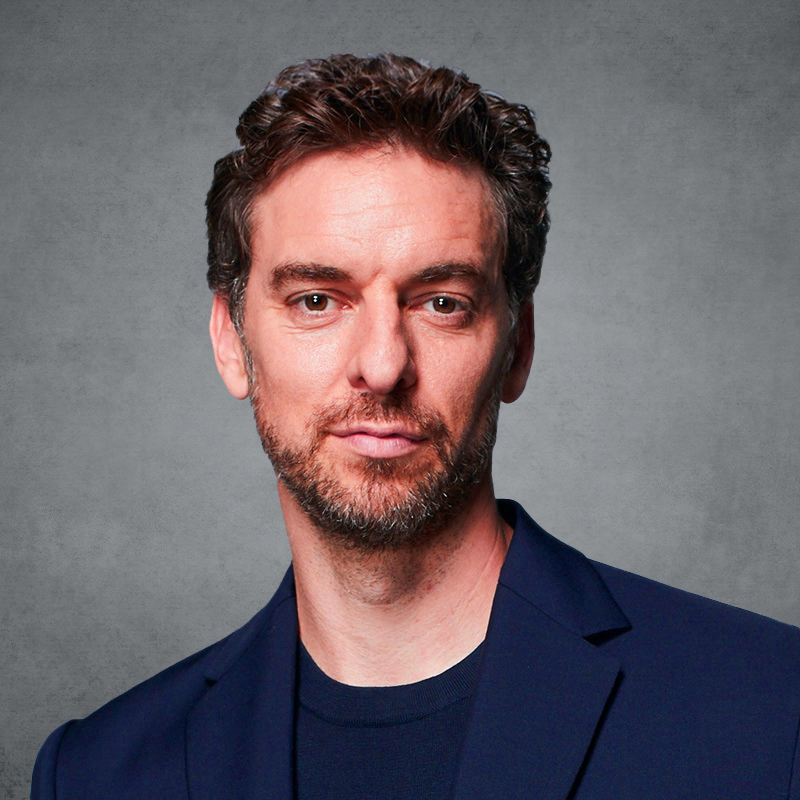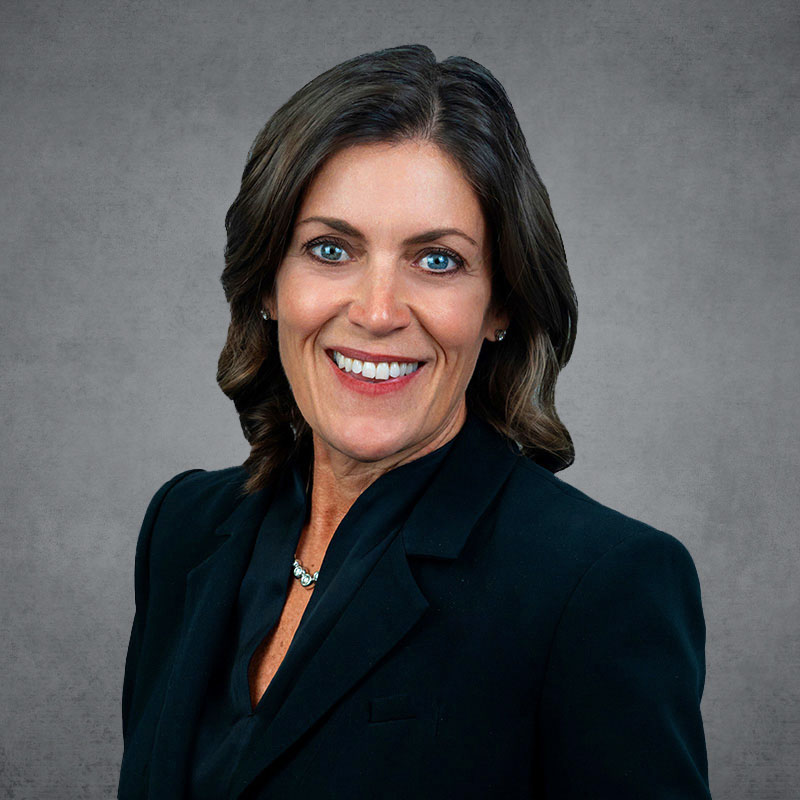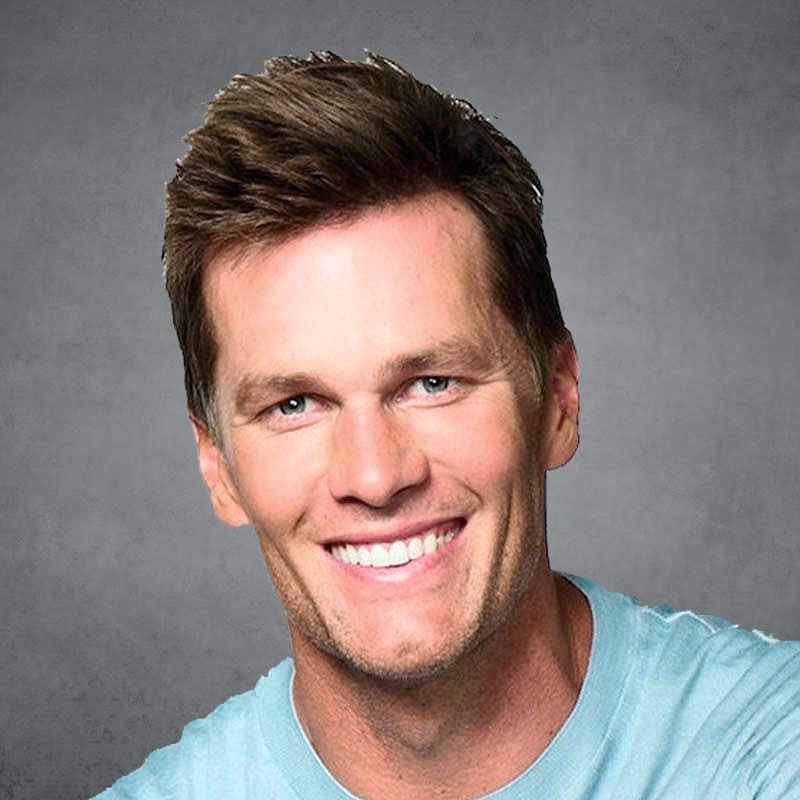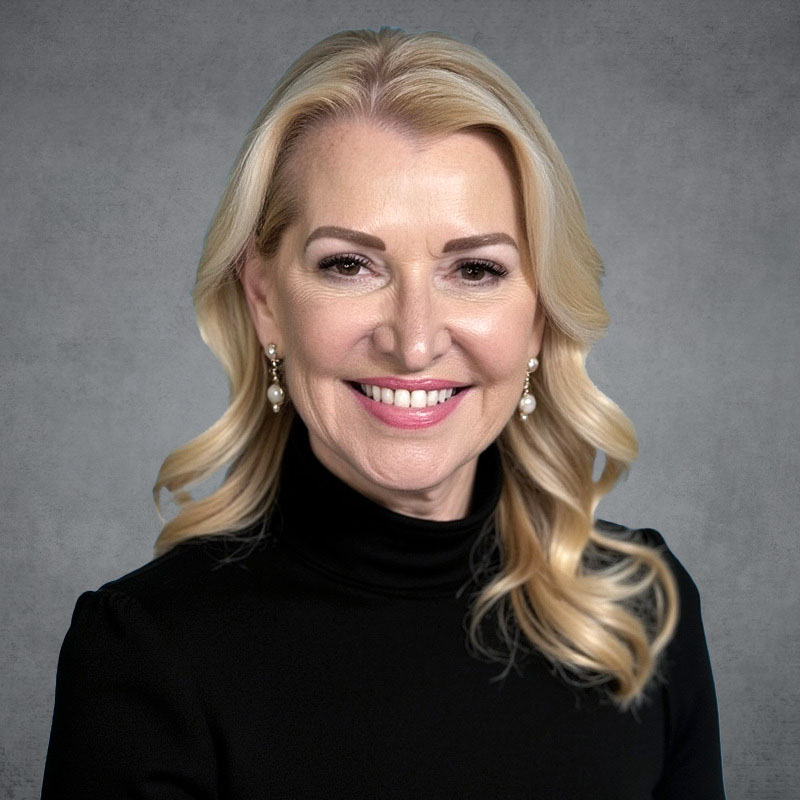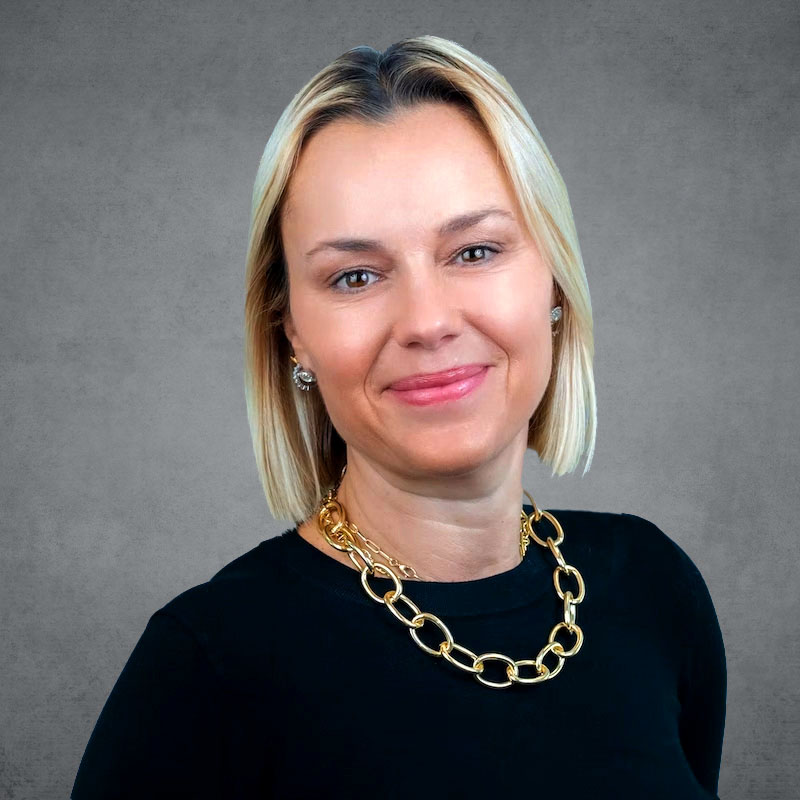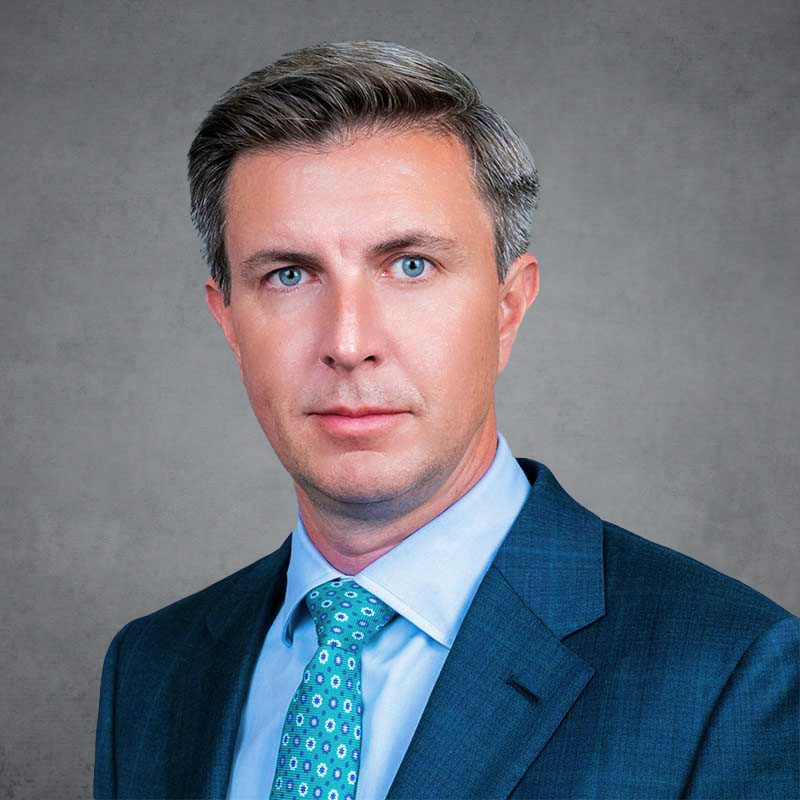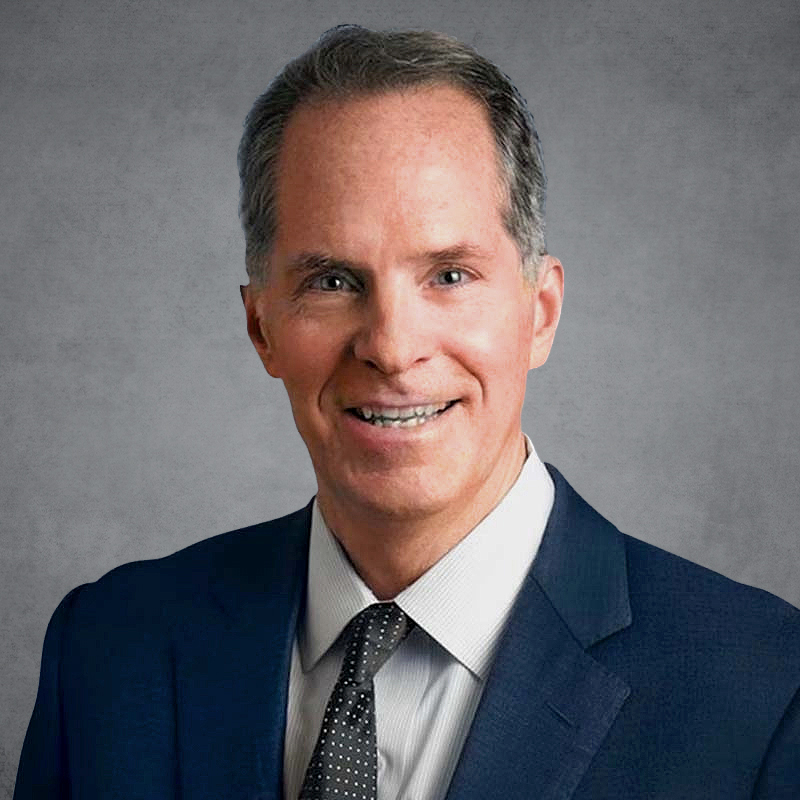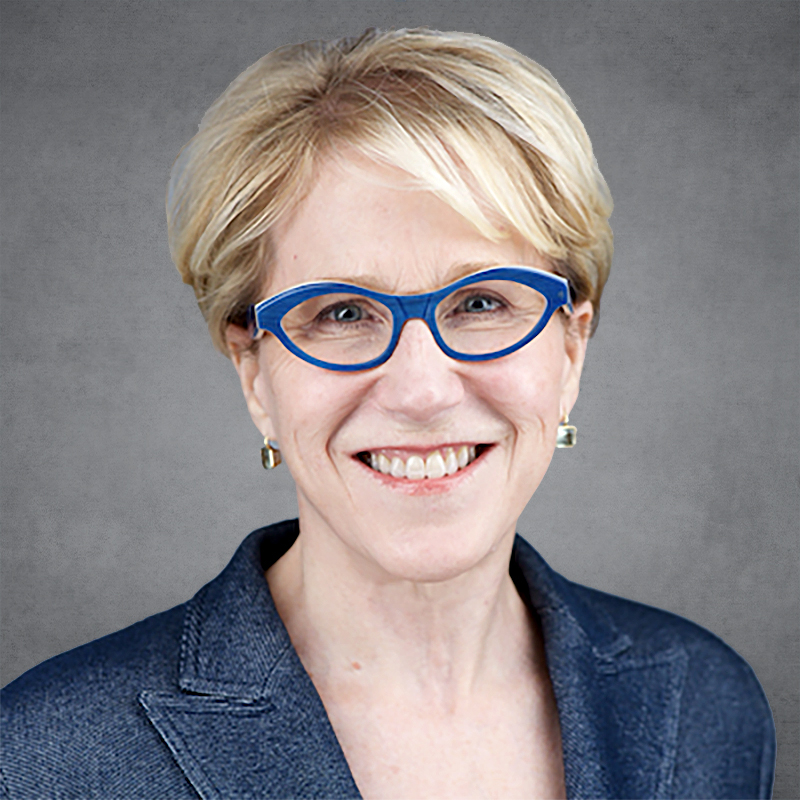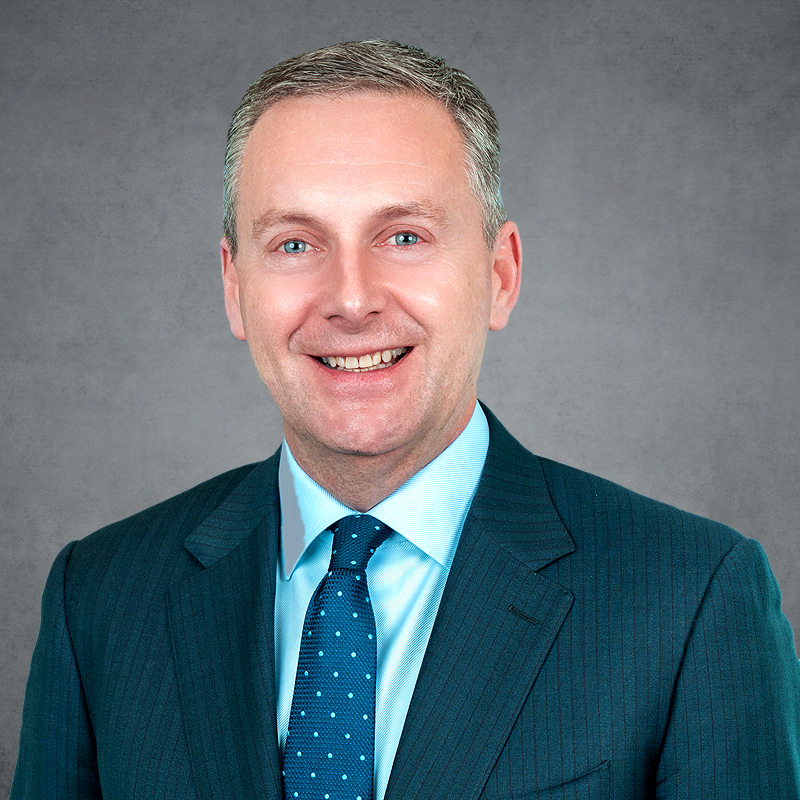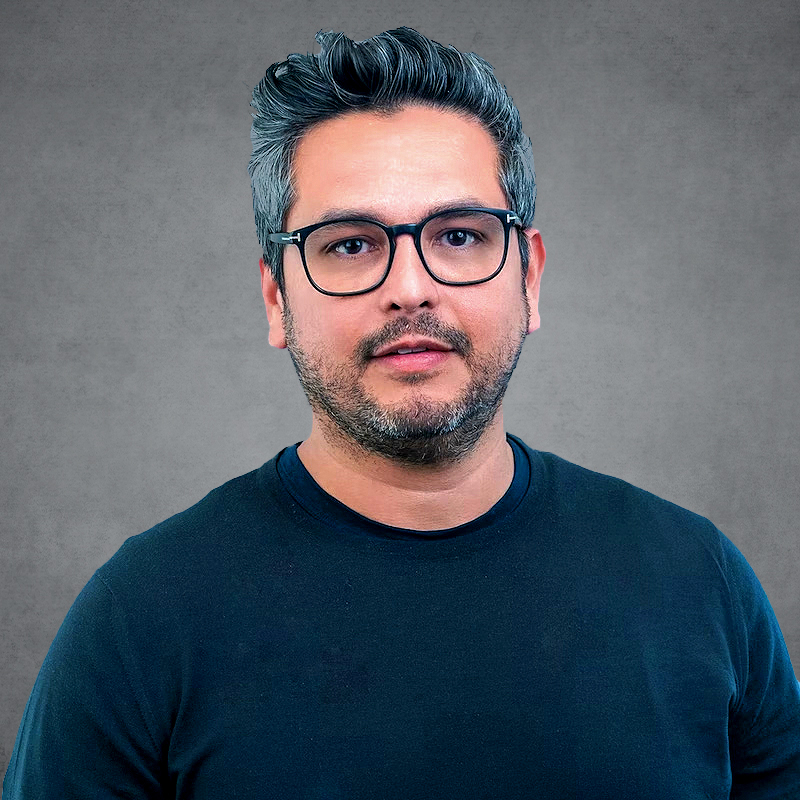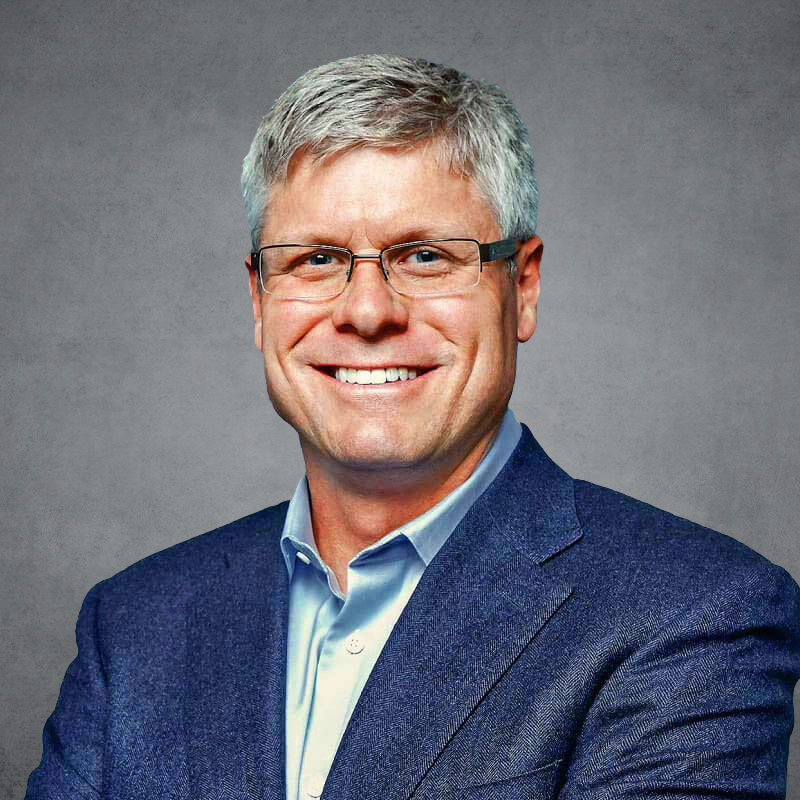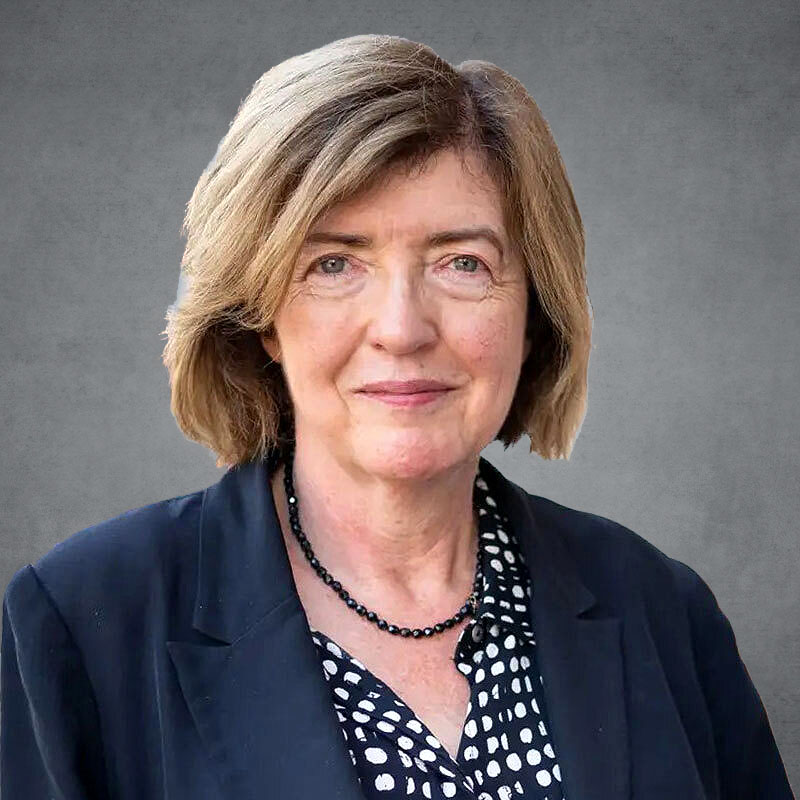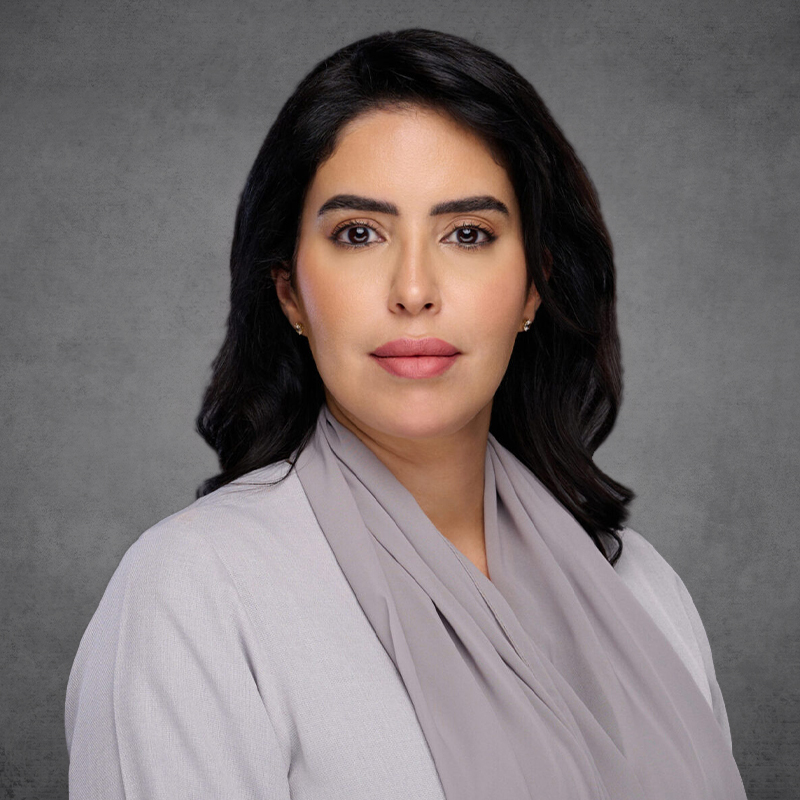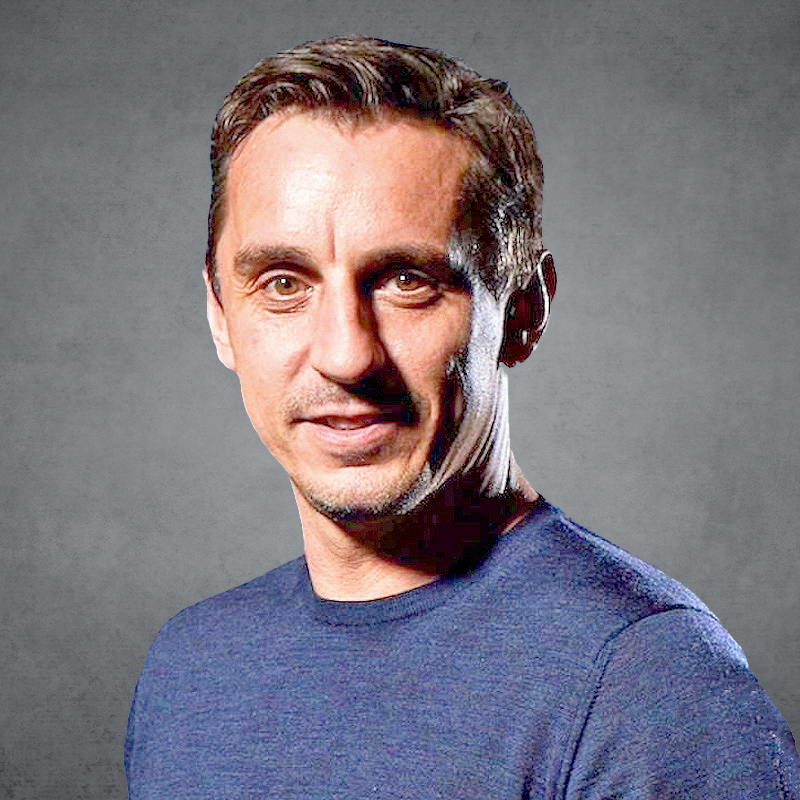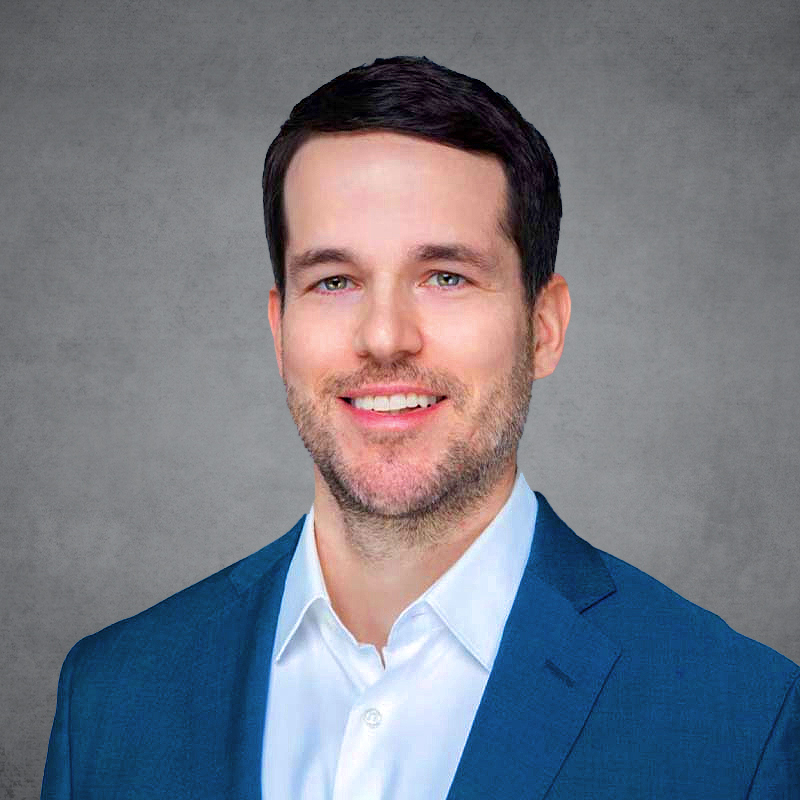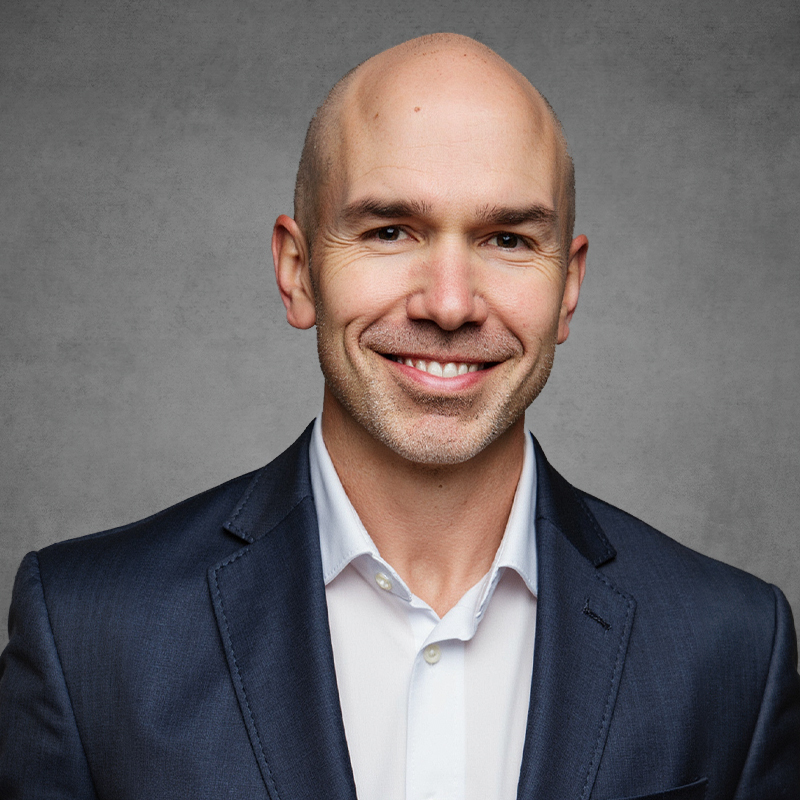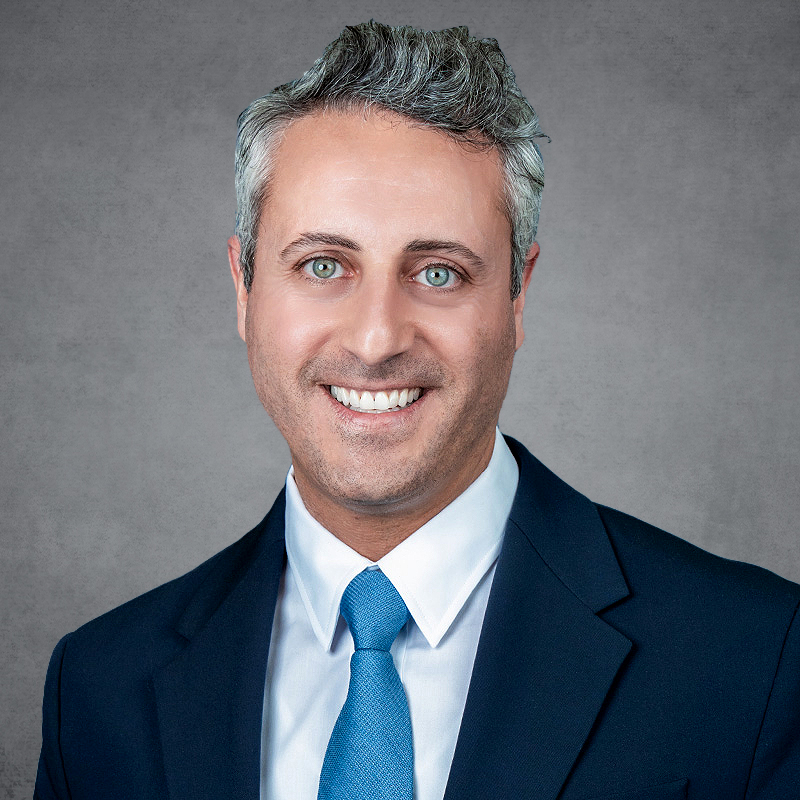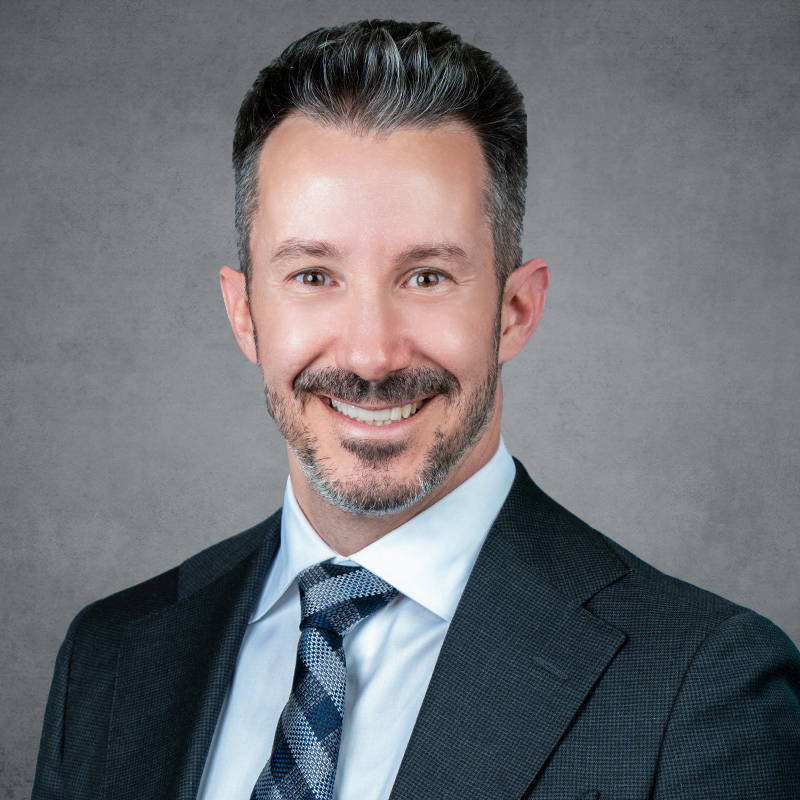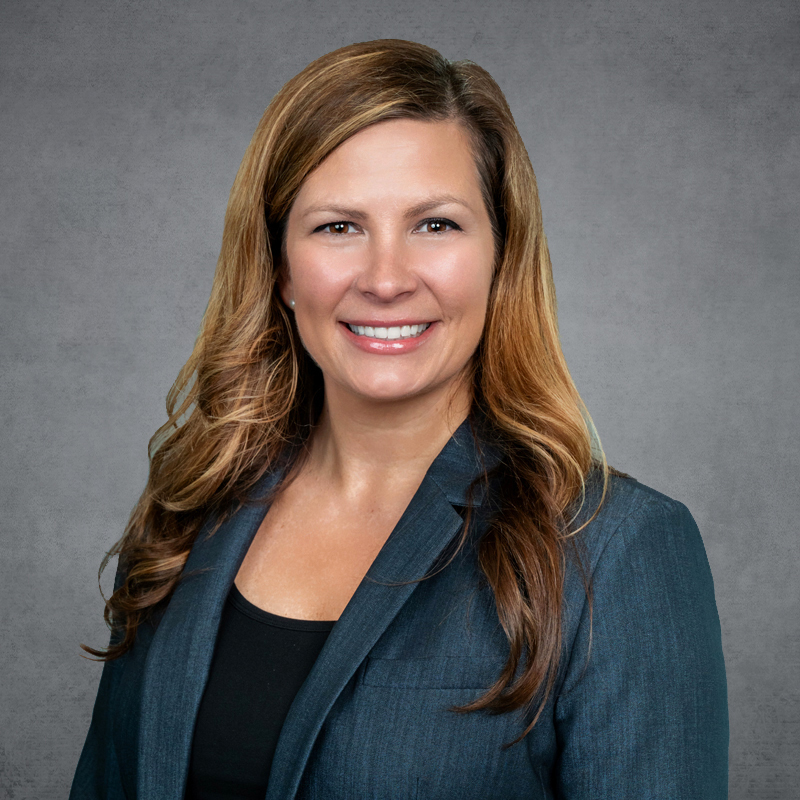

Executive Perspectives
Life doesn’t stop when you retire from a long-time career. For professional athletes, the idea of remaining active once we’re no longer playing professionally rings so true because retirement comes at such an early age when we have a lot left – physically and mentally – in our tanks.
For me, rather than striving toward the proverbial off-switch, closing such a chapter from professional basketball has been a question of “What next?” and time spent consciously planning for professional life after my NBA career. From diving into philanthropic efforts to sitting on advisory boards to investing in high-growth startups, I have repositioned my role and entered the “second act” of my career.
The lessons I’ve learned do not apply only to athletes. My post-basketball career has offered me a chance to be in the driver’s seat and transition my skills and experience into opportunities that are more personally relevant than ever. I’ve experienced how leaders can use their expertise to make a valuable impact in an entirely new arena – and redefine even the most successful legacies with new achievements.
Preventing the Identity Crisis
There’s no harm in loving what you do, but there is harm in being defined by it. For example, if I describe myself as “Pau Gasol, NBA basketball player,” when that’s over, what am I? While you should cultivate your career and remain true to who you are as a person, what you should avoid is falling in love with the identity of a position or career. If business leaders focus on being the CEO of a major corporation, when they are not the CEO, it can be easy to fall into an identity crisis. Even when you are justifiably proud and excited about what you’ve achieved, it’s important to not lose perspective of who you are as a person, where you come from and who you are to your loved ones.
Throughout my career, it has been important that I embrace and stay true to who I am as a person. I was never going to be a basketball player forever, but I’d still be me, which meant I needed a foundation of stability, grounding and appreciation for what I have gone through. This sense of connecting with yourself is important for any high achiever. Your company and career are not going to last forever, but investments in yourself and your own identity will pay dividends in your life going forward.
Leading up to retirement, if an opportunity presents itself for change and growth, put yourself in a position to take advantage of it and take the next step on your journey. For me, for example, these opportunities often came from changing teams through a trade or choosing to play for another team as a free agent. In basketball, trades can be painful as a player since you often have no say in them. You have to accept that trades are part of the business and make the next situation work. I learned to treat each change of teams as an opportunity to grow, have an impact and add value in new ways. I became adept at quickly adapting to new environments and new circumstances – a crucial skill in today’s world. After spending the first six and a half years of my professional career with the Memphis Grizzlies, I was traded to the Los Angeles Lakers. It was a bittersweet moment: I had achieved a lot in Memphis that I was proud of, but I was ready and fortunate to get the opportunity for growth that moving to LA offered me. That trade led to winning back-to-back championships playing alongside Kobe Bryant, one of the greatest to ever play the game, and becoming really close – to the point of becoming brothers.
These experiences and how I faced them during my career helped to build my brand. That personal brand enabled me to better position myself as I moved to new areas. It’s something any leader can do, as long as the new ventures you’re part of are aligned with your core values – otherwise, there is confusion. You have to make sure the alignment and pattern make sense.

I have repositioned my role and entered the "second act" of my career.
- Pau Gasol | Senior Advisor & Former NBA All-Pro
For example, my current work aligns my values with my professional pursuits and continues to build my personal brand, even though these new activities are outside the NBA. In basketball, I have invested in the Women’s National Basketball Association (WNBA). More broadly in the sports world, I advocate for equality in women’s sports and I serve on the International Olympic Committee’s Athletes Commission. I’m building on my passion for health through the work I do with the Gasol Foundation, whose mission is to prevent childhood obesity by promoting healthy habits. And I am leveraging the skills I learned in athletics to support entrepreneurs with investment and advice on leadership and teamwork. Much of this work is done through Gasol16 Ventures, a strategic vehicle that seeks to maximize the potential of companies that I’m involved with.
Still, the time after finishing my NBA playing days was a period of anxiety and an emotional dip that I felt because there was a significant void where my basketball career once was. When you’ve had such a meaningful, long and exciting career, its end is a moment of true emotional transition. It was important to stay active and approach my next step. Of course, I had to recognize that space would never really be filled in the same way. Instead, I needed to think about and act on things that excite me. I take pride in the fact that, before my career ended, I built a team and began putting activities in motion for what I wanted to do after basketball. Granted, I had a long basketball career, so I had quite a bit of time to do this. For the majority of athletes, their careers end a lot sooner, so they need to prepare to the extent they can so that the transition can be a successful one.
More Than a Face
When I think of professionals who have inspired me in their second, and even third, careers, I’m naturally drawn to other professional basketball players who have broken barriers and shown the way to a very successful post-NBA career. I can see what they’ve done and that gives me confidence that I can do it, too. Coming from the NBA, guys like Magic Johnson, Michael Jordan and my dear brother, Kobe Bryant, demonstrated what’s possible. It’s now my responsibility to show the next wave of athletes that they have plenty of options, too. But you have to put in the work.
There was a time when athletes were the faces of sports brands for promotional campaigns but had little involvement in the actual business. Leading athletes and other celebrities have shifted this narrative and shown that it is feasible to transition into a business career – as a hands-on executive, an investor, an active advisor and in many other roles. Now, athletes don’t have to be just a face or brand ambassador. Instead, they can provide greater value as partners, owners or investors.
At the end of the day, the model has shifted. Athletes don’t just want to get paid in cash – they want upside and a piece of the business they’re involved with, especially when they can dedicate more time to an enterprise when they are no longer playing professionally. For me, the analysis is: If I help your company, why can’t I get involved in a different way? I’m working on proving that I can add value beyond the commercial side. That includes sharing values and principles that have made me a successful athlete – traits that are applicable and increasingly in demand in the business world. Businesses are beginning to see the value and worth of athletes – many of whom do not have traditional academic backgrounds – beyond being just a face or a name.
You’re Not Alone
Basketball is measured in points, and business in dollars. When you’re on to your second career, making progress toward your goals can look a little different. That includes finding the right balance between your personal life and professional life.
If things aren’t going well at home, it doesn’t matter if you’re having a lot of success at work. After all, what are you working for if not your family? Both during my basketball career and after it, I strove to be conscientious about balancing and nurturing my home and family. I knew it was important to prioritize my family and personal relationships. When I think of measuring success in life, it’s about recognizing what is the most important. There are many things you can’t control, but you must take care of what you can control. Time will fly and nothing is guaranteed but being mindful of your priorities – the people you love – can go a long way.
When you’re pursuing a goal, it’s easy to get caught up with it and block everyone else out. When you dive into a professional career, it can be absorbing and demanding, and your family ends up getting the leftovers of your time, attention and energy. It has been important during my career to intentionally carve out quality time for my family. I make a point to be on the same page with my wife, making sure that I communicate and involve her in what I’m doing. Time away from her and our two young kids has to be justified and well-explained. We are a team, and in order to win as a family, we have to play together.
Building relationships can be challenging for former athletes. That’s because we’re told from early on in our athletic careers to keep our circles close, protect our time and minimize distractions. In our second acts, we must move from pushing others away to learning the new skill of reaching out, opening up and being vulnerable. We have to take chances and trust that those around us are trying to help. Building my network and putting myself out there, mainly when I am not asking for anything in particular in return, has helped me get to know business leaders, develop trust and nurture relationships with people I can go to when new opportunities arise.
This new skill is an important one to develop because we don’t have to enter our second careers as solopreneurs. I have reaped rewards from putting myself in circles and environments where I can learn from people and help make introductions that will be mutually beneficial.
To achieve your dreams, you need support. I was just the second Spanish NBA player in the league, taking a chance on coming to the U.S. when it wasn’t so common for international players to fly over the ocean to join the NBA. The traits that helped me through that time were a spirit of resilience, conviction and ambition. It took sacrifice to leave home and adjust to a new culture, and I hope I helped pay it forward for this younger generation of international players who are making an impact on the league. But I didn’t make that journey alone. My parents and younger brothers, Marc and Adrià, accompanied me. And later, I built a professional team around me of trusted advisors, business partners, experts in entrepreneurship and philanthropy, and others.
Today, I’m honored to say I’m also part of other individuals’ teams. To me, sharing knowledge and mentoring others is how you really build a legacy: empowering others and passing on knowledge, experiences and lessons learned.
Finding Your Second Act
Executives who have taken big roles with major corporations have to figure out what’s next after such impactful positions. But that can be challenging: Where does one go from here in a meaningful way?
In his book “The Second Mountain,” David Brooks discusses the idea that, after you reach the first peak of your career, you might find the view unsatisfying. That leads to the drive to climb the second mountain, a movement from a self-centered to an other-centered life.
My first mountain was focused on my basketball career. After that peak, I descended and transitioned into the next phase – one focused on continued growth, fulfillment and family: goals and endeavors that provide joy, meaning and purpose.
As I transitioned out of the NBA, philanthropy felt like a natural step. Having gained a significant following and a lot of attention from success in professional sports, I knew my popularity had to amount to something bigger and I could use it to help others in need.
The roots of my philanthropic work are skills and causes that have been important throughout my life and career. Growing up, my parents were in the medical field, so helping others be healthier has always been a mission I care deeply about. Additionally, supporting children was a cause I had an immediate connection with, having volunteered as a UNICEF ambassador from the time I was a young NBA player. That led to my brother Marc and me founding the Gasol Foundation to support vulnerable children.
It’s important to give back to the community when you’re in a privileged position. Winston Churchill said, “The price of greatness is responsibility,” and, especially in your second career, it’s important to be mindful, giving, helpful and kind.
The Skills to Succeed in a Second Career
When I entered my second career, I wasn’t a young athlete anymore. I was an adult at a point where I had more maturity. What hadn’t changed was the drive and character that led to my success on the basketball court, which was critical in pursuing my next step. I learned that, regardless of your previous career success, you must stay grounded and coachable, showing humility and kindness.
I also learned the need to stay focused, despite the wide array of possibilities before me. There are so many great causes and organizations in the nonprofit sector. As much as I wanted to get involved with everything, if my goal was to move the needle, I knew I needed to focus on a limited set of things. Similarly, when I think about my business ventures, the greatest satisfaction will come from staying focused within my strategic areas: sports, health and wellness.
Further, philanthropy can be far more satisfying than simply donating money. Similar to how athletes consider engaging outside of marketing contracts, how about allocating a percentage of your time to philanthropy as well? When our foundation collaborates with partner companies, we bring in employees and executives to our programs so they participate and feel their impact. That way, they can give insight into whether we are doing what we say we’re doing and can see the families we are benefiting.
I learned this concept early on with my work with UNICEF in the early 2000s. A large part of the ambassador role is about fundraising, advocacy and awareness. However, I felt like I couldn’t advocate if I hadn’t felt and experienced what UNICEF had to offer. So, I went to South Africa in 2005 and made several more trips to Africa to live the mission and be able to speak to and be truthful to myself and others about what we were doing. When you live the experience, you can speak from the heart rather than a script. It’s something you feel, and that goes a long way.
Climbing the Next Mountain
As more business leaders go on to successful second careers, we have more examples of what is possible and more options for what that second act can look like. I’ve found value in working on new ways to use my skills and experience as a leader while staying true to my values. I hope that my transition shows the potential for any leader to leave more than one legacy.
During this transition, there were hard, stressful days when I wondered what I was doing and what I wanted to do for the rest of my life. But I had to take chances, be willing to ask questions and invest the time into putting myself in unfamiliar situations to learn about new things.
It’s all about conviction, determination and resilience – as well as putting in the work. Like starting any career, there will be practice, trial and error. It may take time to know whether you’re going in the right direction.
This transition takes courage, and that’s okay. You might get pushback and face adversity, but if you find something you are passionate about and want to pursue, you’ll find ways to get after it. If it was easy, everyone would do it and it wouldn’t be worth much. Embrace the challenge and obstacles, even – or maybe especially – in your second act.
- 1
Koretz, J. What Happens When Your Career Becomes Your Whole Identity. Harvard Business Review. (2019 Dec. 26). Retrieved from https://hbr.org/2019/12/what-happens-when-your-career-becomes-your-whole-identity
- 2
Foldesy, J., Wilson, J., Beck, J., Prasad, J. Is a Celebrity Partnership Right for Your Brand? Boston Consulting Group. (2022 Sept. 29). Retrieved from https://www.bcg.com/publications/2022/are-celebrity-partnerships-right-for-your-brand
- 3
Brooks, D. The Second Mountain. Penguin Random House. (2020 May 26). https://www.penguinrandomhouse.com/books/217649/the-second-mountain-by-david-brooks/
The views and opinions expressed herein are solely those of the individual authors and do not necessarily represent those of The Consello Group. Consello is not responsible for and has not verified for accuracy any of the information contained herein. Any discussion of general market activity, industry or sector trends, or other broad-based economic, market, political or regulatory conditions should not be construed as research or advice and should not be relied upon. In addition, nothing in these materials constitutes a guarantee, projection or prediction of future events or results.
